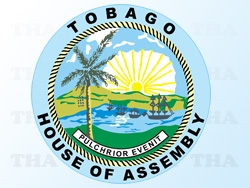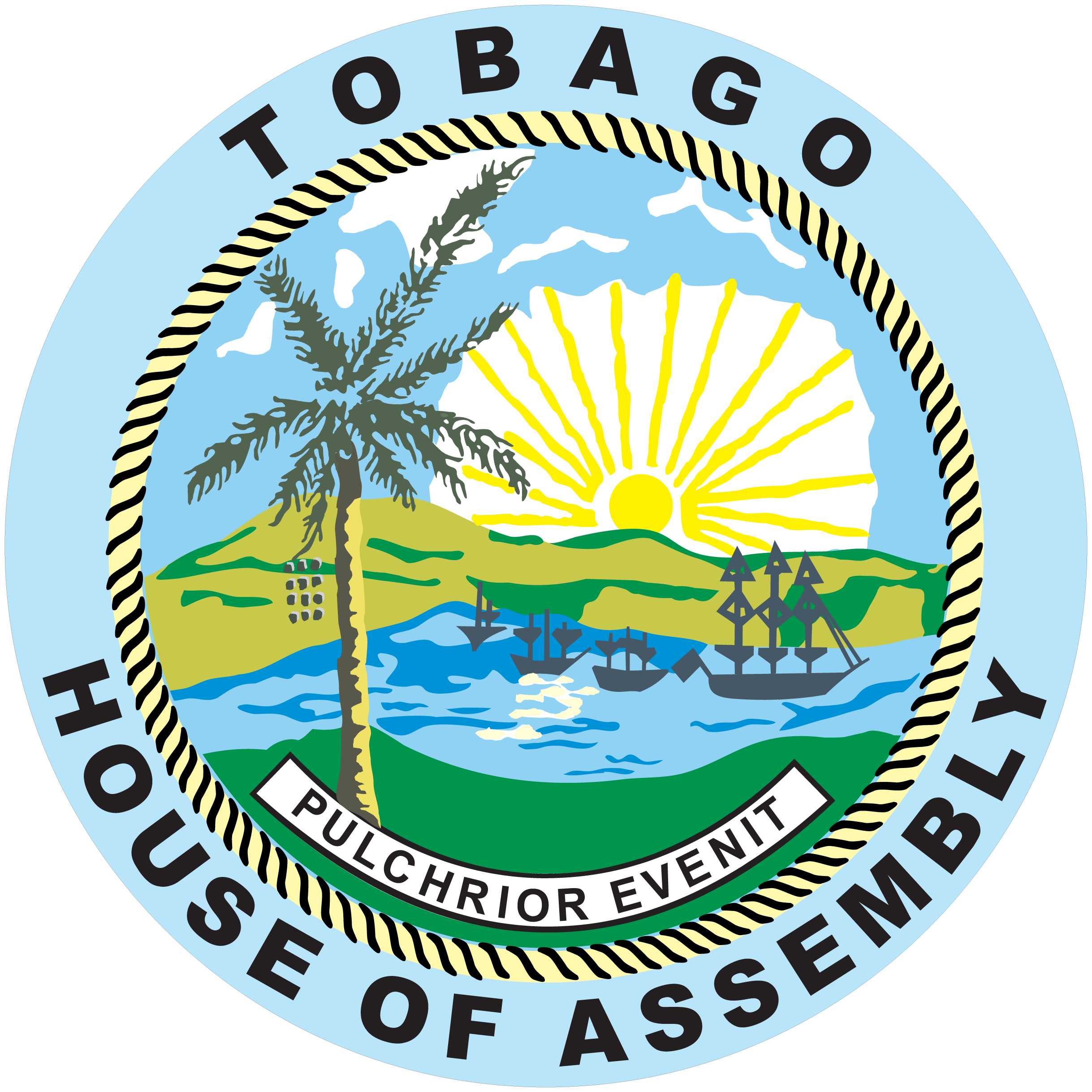
Councillor Deon Isaac, Secretary of Settlements and Labour, gave details of the programme during the recent debate on the THA’s 2015 budget, and these include: Castara, 17 new single-family units at a cost of $24.1 million; Blenheim Phase 2, two apartment buildings and eight townhouses along with routine sewer maintenance, road repairs and a new mini commercial strip at a total cost of $43.1 million; Courland, 106 service lots plus $73 million for the construction of houses; Friendship, of the 544 acres acquired by the Assembly, 168 acres will be allocated for the construction of houses at a cost of $78.5 million through PPPs; Adventure Phase 2, 62 townhouses to be completed by 31 July.
“We will bring to the table what we have, while the private sector and private investors will bring their funding to construct houses for the low- and middle-income earners,” he added.
Isaac said that 26 companies responded to the advertisement requesting expressions of interest to finance, design and construct housing units for the Shirvan Housing Development under the PPP model. He added that 12 firms pre-qualified and will be invited to submit their proposals. He said that the completed development will be a whole new community of 350 to 400 housing units, green space areas, and spaces for commercial, recreation, community centre and exercising facilities. It is scheduled to be completed within two years and delivered on a phased basis.
Isaac also said that, since the last budget presentation a year ago, applications for housing had increased from 6,500 to 7,000. “The demand for housing is indeed high on the agenda for Tobagonians as it is for this administration, and as such, we in the Division of Settlements and Labour intend to accelerate the production and construction of houses by running more projects simultaneously”.
Further to this, the division continues to provide the Home Improvement Grant of $15,000 in two tranches of $7,500; the $20,000 Home Improvement Subsidy in two tranches of $10,000; the Home Completion Grant of $20,000; and the beneficiary owned land programme up to a maximum of $50,000. In the current fiscal year, the division has paid out $3.9 million in Home Improvement Grants, $410,000 on Home Improvement Subsidies, and $1.1 million to date under the Home Completion Grant.
He said a request to increase the Home Improvement Grant from $15,000 to $20,000 would be taken to the Executive Council for approval.
Isaac also warned that contractors and project managers must be held accountable when projects are not delivered on time.
